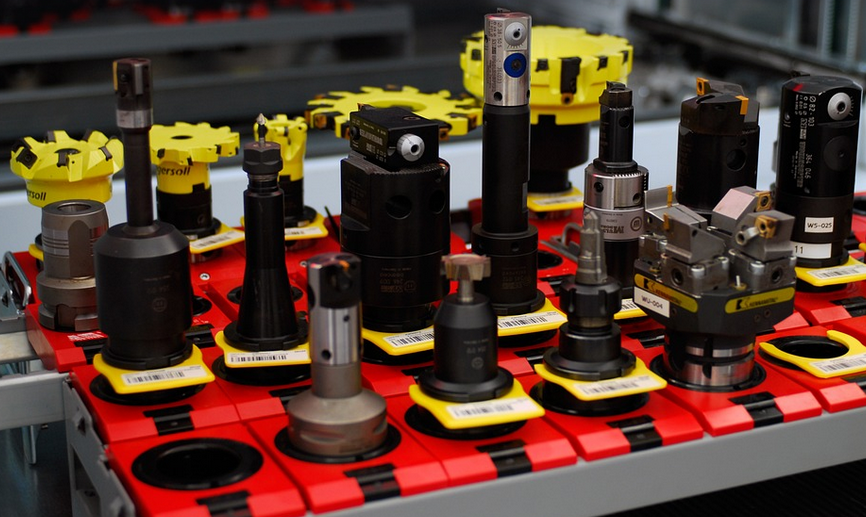Understanding the Amplifier’s Fuse
Let’s be honest, nothing’s more frustrating than your awesome amplifier suddenly going silent – especially when you were just jamming out. You know that moment of dread as you fumble with fuses, trying to figure out why it keeps blowing!
You likely own a musical instrument or a hobbyist-grade amplifier, and for good reason, they bring an unmatched amount of power to the stage. The beauty of these amplifiers lies in their ability to amplify those sounds. But like any machine with a lot of power, there’s a limit to its capabilities.
The fuse’s central role is safety – it acts as a sacrificial device, preventing potentially catastrophic damage from occurring if current surges or excessive voltage reaches the amplifier. It’s essentially a built-in “failsafe.” So, when your amp keeps blowing fuses, you need to understand what’s causing this issue.
Fuses are simple but crucial components. They consist of a thin metal wire woven into a small cylindrical package. This wire is typically made of aluminum alloy and has a predetermined melting point. When the fuse encounters excessive current, it melts, breaking the circuit and preventing further damage to your amplifier or even a fire hazard.
Before diving deep into troubleshooting, let’s explore some potential culprits behind blowing fuses in your amplifier: It’s often not as complicated as it seems. Several factors can trigger this issue, and understanding why is key to finding the solution.
## Possible Reasons for Blowing Fuses
1. **Overloads:** Excessive current consumption – whether from playing a guitar at full-volume or running your amp while using too many effects pedals – are often the culprits behind fuse blowing. If you’re pushing your amplifier beyond its limits, it simply won’t be able to function properly and will blow out the fuse.
2. **Defective Speaker:** A faulty speaker can have a higher impedance than your amp is designed for. This mismatch causes current to surge through the circuit, eventually leading to a blown fuse.
3. **Improper Wiring:** A short circuit or improper wiring within the amplifier’s internal circuitry can introduce an unexpected and dangerous current flow that will trigger the fuse. It might be as simple as a loose connection, so double-check your connections!
4. **Faulty Power Supply:** The power supply system is responsible for delivering the right amount of voltage to the amplifier’s input. If the power supply has an internal issue, it can cause irregular and excessive current flow, eventually leading to a blown fuse.
5. **Overheating:** Even the most efficient amplifier will run hot under sustained high-intensity use. While this is normal, prolonged overheating can cause damage, particularly due to the way that heat dissipates. If your amp is constantly running hotter than usual and you’re not monitoring its temperature with a thermometer or a dedicated device, it could be contributing to blown fuses.
6. **Bad Connections:** If there is any loose or broken connection in the amp – from wires to components – it can create unpredictable current flow, leading to a short circuit that causes the fuse to blow.
## Tips for Troubleshooting
Before you start replacing the fuse, here are some tips to help you troubleshoot your amplifier’s issues:
- **Check Your Speaker:** If the speaker is old or damaged, it might be time for a replacement.
- **Inspect the Wiring:** Look for any loose connections, burnt wires, or signs of damage in the wiring of your amp.
- **Calibrate your Amplifier:** If you’re using your amplifier with pedals, make sure they are calibrated properly. This will help to regulate the current flow to avoid overloading the amplifier.
- **Use a Voltmeter:** A voltmeter can be used to measure voltage and current in your amp. It’s an excellent tool for checking for any discrepancies or unwanted fluctuations that might be causing issues with your fuse.
- **Check Your Fuse Type:** Make sure you’re using the correct amperage and type of fuse as recommended by your amplifier manufacturer. Using a wrong-sized fuse can result in faster fuse blowing.
Remember, safety comes first! Before working on your amplifier, unplug it from the power source. Always take necessary precautions to avoid electric shocks or other injuries.
## When to Seek Expert Help
If you’ve tried troubleshooting but are still encountering problems with your amp blowing fuses, it’s best to seek help from an experienced technician or amplifier repair specialist. They have the tools and expertise to diagnose the issue accurately and offer a safe solution.
It’s important to note that while replacing a fuse might seem straightforward, working on your amplifier requires some technical knowledge and experience. You can find qualified technicians through online reviews and recommendations.
Ultimately, understanding why your amp keeps blowing fuses is the first step towards enjoying your music without stress. Remember to take care of your favorite amplifiers to keep them in good working condition for years to come!
